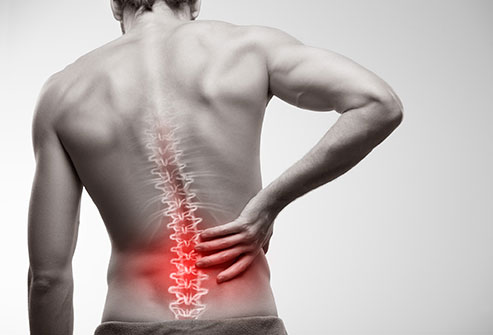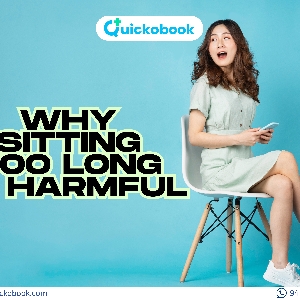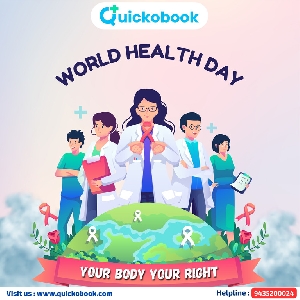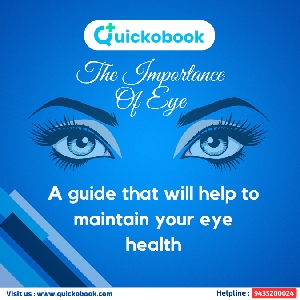Back Pain: Causes And Symptoms
A common reason for absence from work and for seeking medical treatment is Back Pain. It can be uncomfortable and debilitating.
It can be the result of injury, activity and some medical conditions. Back pain can affect people of any age, for different reasons. When people grow older, the chance of developing lower back pain increases, due to factors such as previous occupation and degenerative disk disease.
Lower back pain can be the result of bony lumbar spine, discs between the vertebrae, ligaments around the spine and discs, spinal cord and nerves, lower back muscles, abdominal and pelvic internal organs, and the skin around the lumbar area.
Pain in the upper back may be due to disorders of the aorta, tumors in the chest, and spine inflammation.
Causes
The human back is composed of a complex structure of muscles, ligaments, tendons, disks, and bones, which work together to support the body and enable us to move around.
The segments of the spine are cushioned with cartilage-like pads called disks.
Problems with any of these components can lead to back pain. In some cases of back pain, its cause remains unclear.
Damage can result from strain, medical conditions, and poor posture, among others.
Strain
Back pain commonly begins from strain, tension, or injury.
Frequent causes of back pain are:
-
strained muscles or ligaments
-
a muscle spasm
-
muscle tension
-
damaged disks
-
injuries, fractures, or falls
Activities that can lead to strains or spasms include are lifting something improperly, lifting something that is too heavy and making an abrupt and awkward movement
Symptoms
The main symptom of back pain is an ache or pain anywhere in the back, and sometimes all the way down to the buttocks and legs.
Some back issues can cause pain in other parts of the body, depending on the nerves affected.
The pain often goes away without treatment, but if it occurs with any of the following people should see their doctor:
-
weight loss
-
fever
-
inflammation or swelling on the back
-
persistent back pain, where lying down or resting does not help
-
pain down the legs
-
pain that reaches below the knees
-
a recent injury, blow or trauma to the back
-
urinary incontinence
-
difficulty urinating
-
fecal incontinence, or loss of control over bowel movements
-
numbness around the genitals
-
numbness around the anus
-
numbness around the buttocks
When to see a doctor
You should seek medical help if you experience any numbness or tingling, or if you have back pain and Quickobook is there in your own city to help you.











 Play Store
Play Store
Comments (0)
No Comments.